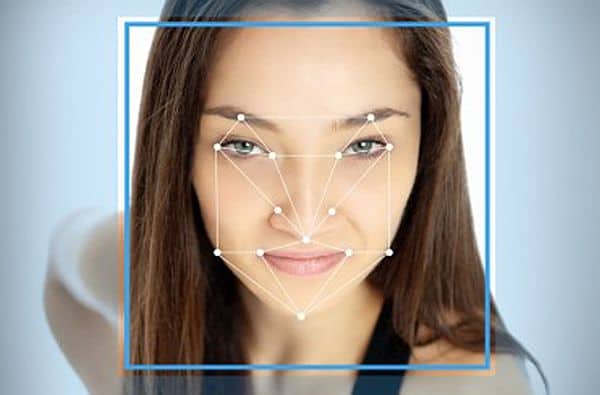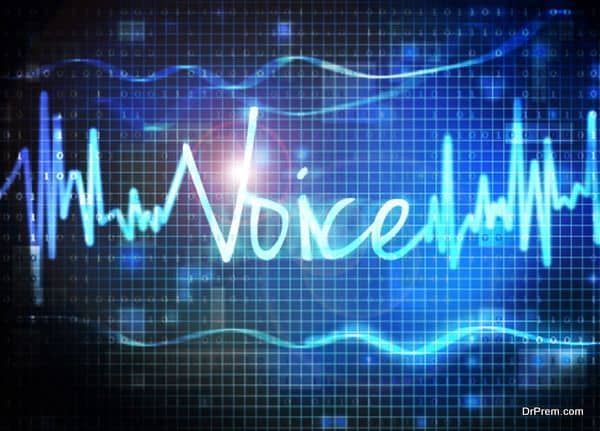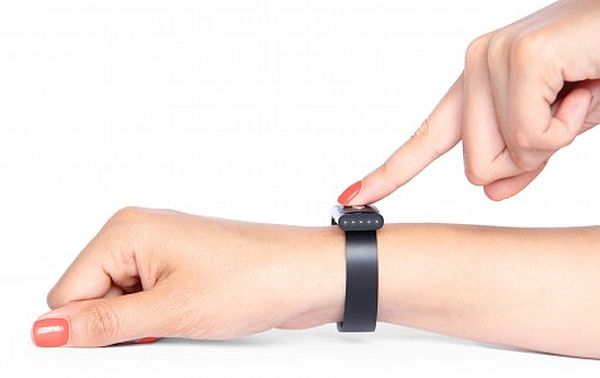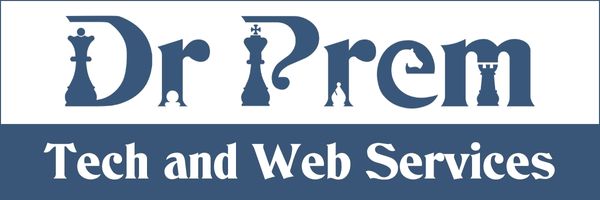When was the last time you changed the password for your primary email account? For me, it has been a while. Adhering to Google’s guidelines for a strong password when I first created my Gmail account, I used a long alphanumeric password, which gave me a sense of security. Since then, I have changed it several times with the fear lurking in the back of my mind that it is still not as secure as I would like it to be.

Most people feel that way at times, especially when they hear about hackers working overtime to extract sensitive data from unwary users. So changing the passwords for your different accounts at frequent intervals does seem like a good idea, but it is not an infallible method of keeping your accounts safe.
Then comes the problem of actually remembering all of your passwords when you need them, and making sure, you have not changed them to something else. All of this could be a headache overtime to say the least, and not exactly the kind you could take a pill for. When Bill Gates declared passwords “dead” in 2004, almost everyone considered it an exaggeration. Not anymore. Passwords could be fragile is a fact and the Heartbleed bug has aptly demonstrated this by potentially compromising sensitive data on two-thirds of all the servers in the world.

Fortunately, there are better ways to secure your data and the world has woken up to this. Advanced biometrics are at the forefront of developing newer ways to provide us with innovative alternatives to the age old, and susceptible passwords. Here are a few of highly secure alternatives to the easy-to-forget passwords that you should expect to be able to use in the near future as an alternative means of secure authentication.

Facial/Iris recognition:
Although at a nascent stage, the availability of ever-increasing mega-pixels on the most basic devices today has heralded a wave of furious development of facial recognition technology. Identix, a company based in Minnesota is taking this technology to the next level. By defining certain “landmarks” on a person’s face such as the distance between the eyes, width of the nose, depth of the eye sockets and the length of the jaw line, Identix has been able to create something called a “faceprint.”
This is created by utilizing approximately 80 nodal points as a reference database, and then measured by creating a numerical code. Needless to say, it has given a whole new meaning to the term reliable authentication as far as facial recognition is concerned.

Voice/Speech recognition:
Similar to a faceprint created by facial recognition algorithms to authenticate a user, speech recognition works by creating a ‘voiceprint’ of the user. Even though the voice of one individual may seem similar to another, everyone has a unique voice.
When we speak, we create vibrations in the air. An Analog-to-Digital Converter (ADC) translates the analog wave generated by these vibrations into digital data by sampling the sound pattern. The higher the sampling and precision rate, the higher the quality of digital data, which in turn means a stronger voice activated authentication for accessing your accounts.

Electrocardiogram (ECG) recognition:
Bionym, a Toronto based company has developed a product called the Nymi. It is a wristband with two electrodes that read your heart’s unique electrocardiogram (ECG) signal. The ECG signal is even more difficult to copy, which makes this technology one of the most secure methods of authentication ever created. Once configured properly, this wristband can be used to confirm your identity on computers, tablets, phones and other smart devices, without having to worry about the smartest hackers.
Passwords will be superseded by advanced biometrics in the near future. If any one of these methods does not seem secure enough by themselves, a combination of these biometric technologies can increase the security multi-fold to give you the peace of mind that has been stolen by the fragile passwords of today.





